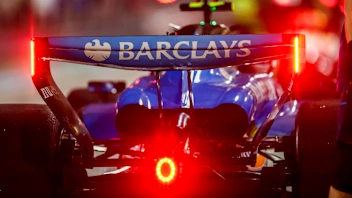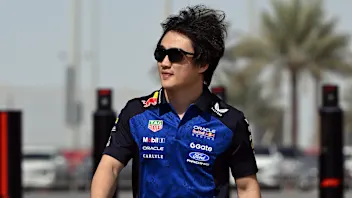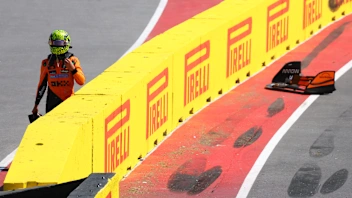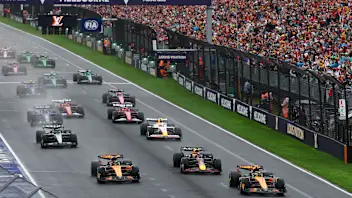FIA confirms revised engine regulations for 2017
Formula One racing’s governing body, the FIA, has announced its official approval of new power unit regulations for next season. The changes are aimed at reducing costs and guaranteeing supply for customer teams, closing the performance gap between engines, and improving engine noise.
The agreement follows lengthy talks with the current four F1 power unit manufacturers – Mercedes, Ferrari, Renault and Honda – and will see the removal of the existing ‘token’ system for in-season engine development.
The FIA statement in full:
The FIA is pleased to announce that, following extensive work done in conjunction with the four Power Unit manufacturers involved in the FIA Formula One World Championship, and with the support of the Commercial Rights Holder, a global agreement on power units has been reached for the 2017-2020 period.
The agreement has been approved by all levels of the F1 governance structure, including the World Motor Sport Council, and will now be included as Technical and Sporting regulations for the 2017 and 2018 FIA Formula One World Championship.
The global agreement on power units covers four key areas relating to the cost and supply price, obligation to supply, performance convergence and the sound of the power units.
As part of the power unit agreement, adherence to the measures outlined below will see the FIA commit to supporting power unit regulations stability and the maintaining of the current Formula One governance structure for the 2017-2020 period.
COST
Agreement has been reached on a significant reduction in the price of power unit supply to customer teams and a reduction in cost to manufacturers over the coming years.
- In 2017 the power unit price for customer teams will be reduced by €1m per season compared to 2016.
- From 2018, the annual supply price will be reduced by a further €3m.
- Cost reduction on power units will be driven by changes to the Sporting and Technical regulations in 2017 and 2018, with a progressive reduction of the number of power unit elements per driver per season.
SUPPLY
Supply of power units to customer teams will be ensured, as the homologation procedure will include an “obligation to supply” that will be activated in the event of a team facing an absence of supply.
PERFORMANCE CONVERGENCE
The new agreement includes a package of measures aimed at achieving performance convergence.
- The token system is to be removed from 2017
- Additionally, constraints on power unit part weights, dimensions and materials, and on boost pressure will be introduced in 2017 and in 2018.
SOUND
Manufacturers are currently conducting a promising research programme into further improving the sound of the current power units, with the aim of implementation by 2018 at the latest.
Next Up
Related Articles
 What do the new lights on F1 cars mean?
What do the new lights on F1 cars mean?.webp) ExclusiveThe Audi prospect making waves in single-seater racing
ExclusiveThe Audi prospect making waves in single-seater racing Who are the reserve drivers for each F1 team in 2026?
Who are the reserve drivers for each F1 team in 2026? UnlockedPredict the Australian GP Winner for a chance to win
UnlockedPredict the Australian GP Winner for a chance to win BettingWhy F1 betting markets can be hard to predict
BettingWhy F1 betting markets can be hard to predict  What time is the 2026 Australian GP and how can I watch it?
What time is the 2026 Australian GP and how can I watch it?